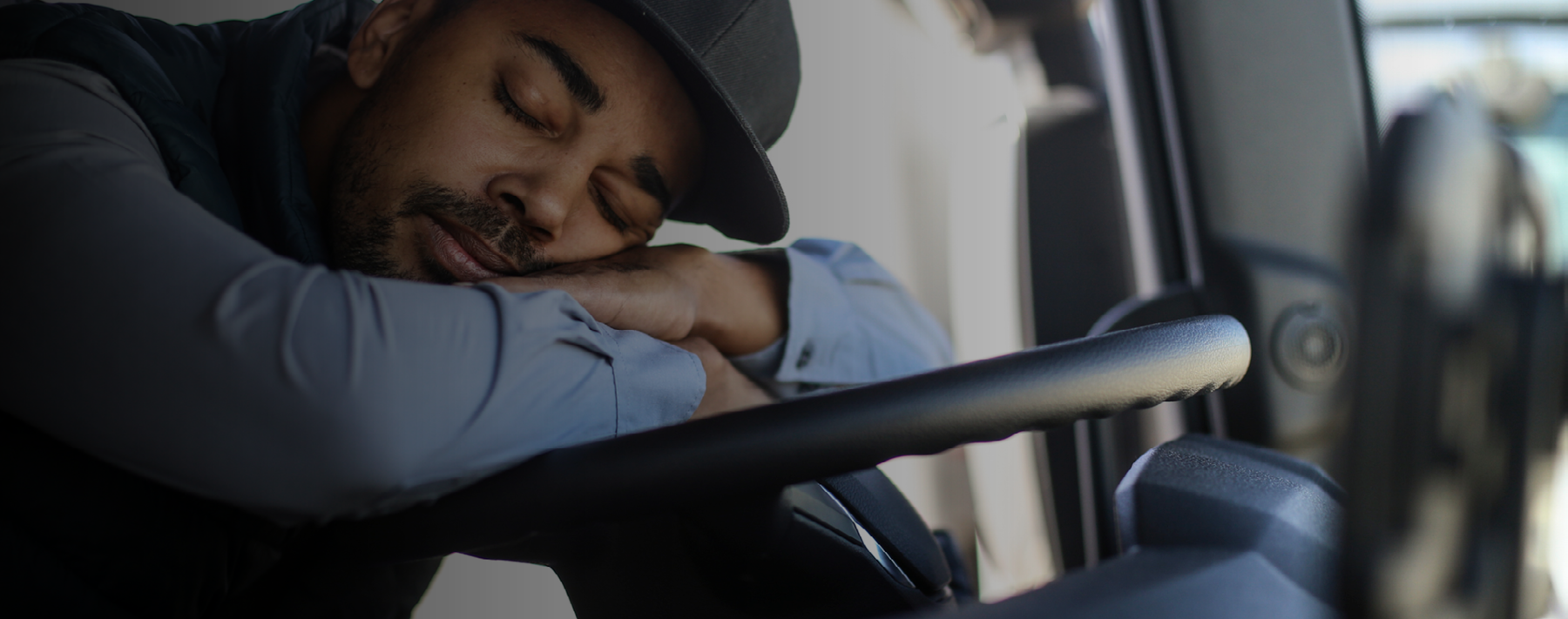Four officers eating lunch at a university cafeteria noticed Hawkins seated alone. Hawkins appeared to be intoxicated and he was not eating. Two officers approached Hawkins and asked for identification. He was unkempt, his eyes were bloodshot and he smelled of alcohol.
As Hawkins retrieved his identification, officers saw a large amount of cash in his wallet. A records check revealed that Hawkins was not a student, that he had a prior felony conviction, and that he was known to carry a weapon. The officers noticed a bulge in Hawkins’s pocket. An officer asked about the bulge and Hawkins said that it was money.
One of the officers told Hawkins that they were going to search his pocket for safety reasons. Hawkins bolted. The officers tackled and restrained him. An officer felt a hard object from outside Hawkins’s left pants pocket, reached into the pocket, and pulled out a loaded handgun and marijuana.
Hawkins was charged with being a felon in possession of a gun. He claimed that the gun and drugs should have been suppressed, arguing that the attempt to check his pocket created a de facto arrest not supported by probable cause. Hawkins also claimed that the only reasonable way to conduct a search under Terry v. Ohio (392 U.S. 1 (1968)) is a limited pat-down of the outer layer of clothing—not by reaching into a pocket.
The court held that the officers had reasonable suspicion to detain Hawkins and reasonable suspicion to believe that he was armed. The court noted that the scope of the Terry frisk was proper, given what the officers knew: “Though a pat-down is often the least intrusive way to search for a hidden firearm, concern for officer safety may justify lifting clothing or even reaching directly for a weapon in a waistband.”
The court disagreed that Hawkins was under arrest at the point that the gun was found. The court cited the lack of the traditional signs of arrest during the brief encounter: “Hawkins was not handcuffed, isolated, moved to a cop car, or humiliated in any way.” Moreover, Hawkins was not actually searched and he wasn’t even touched by an officer until he tried to flee.
United States v. Hawkins, 2016 WL 3996705 (8th Cir. 2016)



